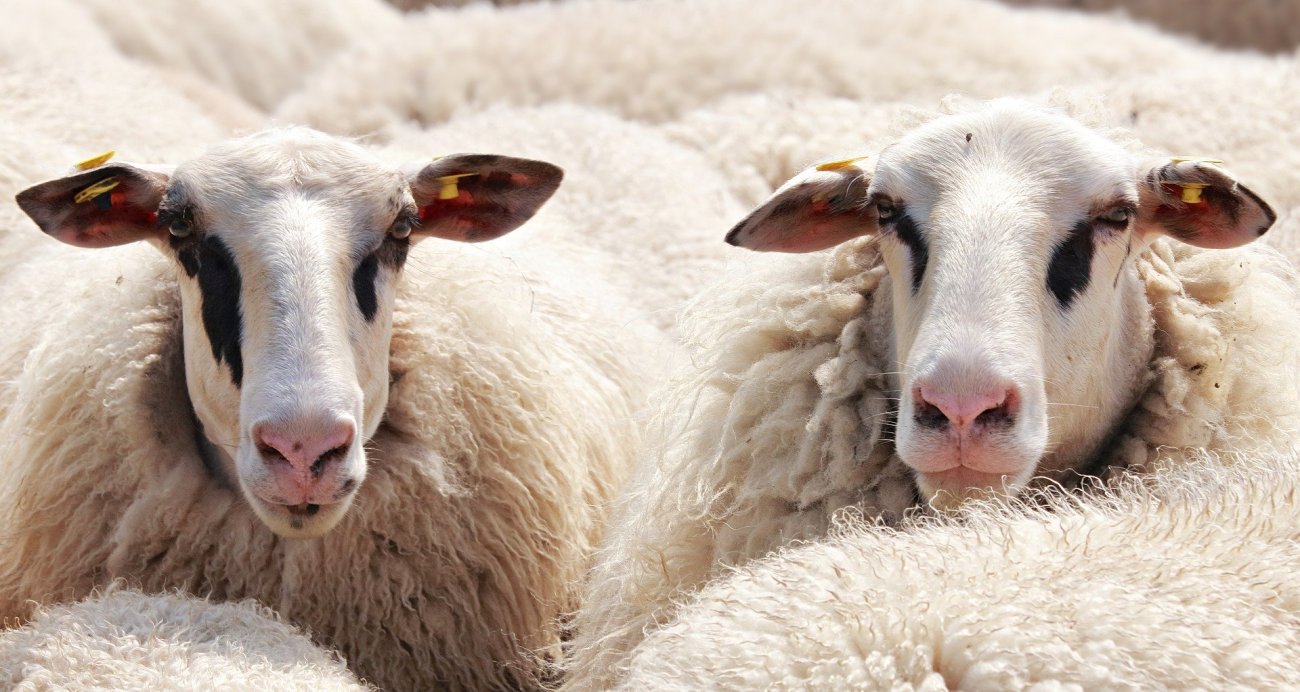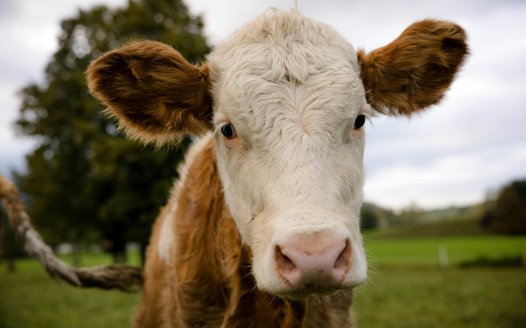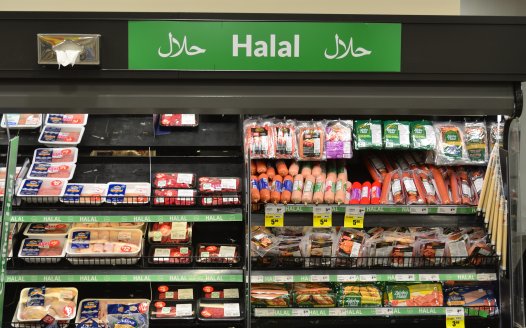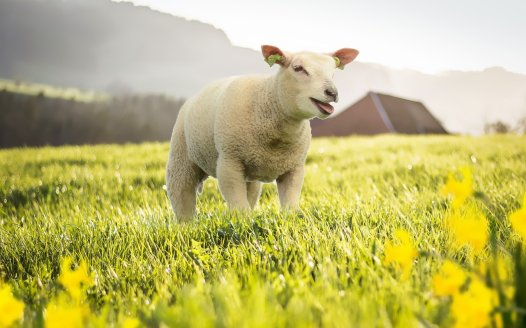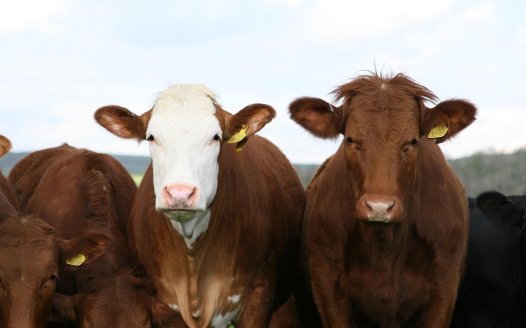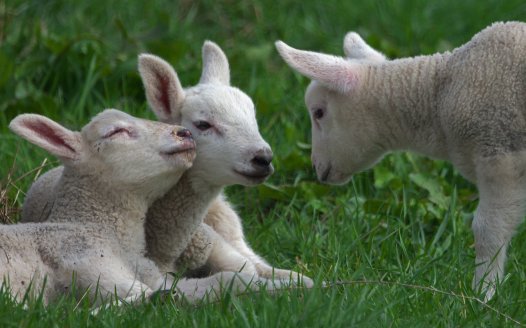NSS criticises lack of transparency over non-stun slaughter
Posted: Fri, 18th Sep 2020
The National Secular Society has warned of an "unacceptable lack of transparency" after the Food Standards Agency stopped publishing data on the number of animals being slaughtered without pre-stunning.
In a letter to the environment secretary George Eustice, the NSS has highlighted the fact the FSA has stopped publishing the data in quarterly reports on animal welfare non-compliances.
In correspondence with the society, the FSA said data on animals slaughtered by stun, non-stun and combined methods was "no longer collected".
UK law requires that farm animals are stunned before slaughter, with an exemption for non-stun kosher or halal meat to meet Jewish and Muslim religious dietary preferences.
NSS letter
In the NSS's letter, its chief executive Stephen Evans said the lack of data "amounts to an unacceptable lack of transparency over a serious animal welfare issue".
He noted that the 2019 Conservative party manifesto pledged to raise standards in animal welfare, adding: "A failure to closely monitor and report non-stun slaughter figures will represent a huge step backwards that will undermine both animal welfare and public trust."
He said surveys had suggested a sharp rise in non-stun slaughter in the last decade, adding that it was "of serious concern if greater numbers of our animals are being subjected to unnecessary suffering".
He added that the non-stun slaughter industry was "already fraught with transparency issues" because there is no requirement to label meat which has not been pre-stunned.
NSS comment
Explaining the letter, Mr Evans said: "Non-stun slaughter causes avoidable pain and distress to animals. While non-stun slaughter is permitted, no more animals than necessary to meet religious demand should be slaughtered without prior stunning.
"The government must ensure that meat from non-stun slaughter is not sold to markets it is not intended for. Without accurate labelling and data on the number of animals being slaughtered without pre-stunning, it's impossible to ensure this targeting of supply occurs, and unsuspecting members of the public don't have meat from non-stun slaughter foisted upon them.
"The government should seek to reduce and ultimately end non-stun slaughter. And in the meantime it should ensure this data remains available as a point of democratic principle, so the public can remain informed about the impact of deeply contentious policy."
Previous FSA findings on non-stun
- The FSA's 2018 slaughter method survey revealed that more than 94m cattle, sheep and poultry were slaughtered without being stunned first that year, and a significant proportion of the meat was exported.
- The survey revealed that nearly a quarter (24%) of sheep meat that wasn't stunned before slaughter was exported from the UK.
- The figures also showed that 71% of sheep slaughtered in the UK are killed by a halal method (stun or non-stun). Around five per cent of the UK population is Muslim.
- The FSA has now said it's "not aware" if the Department for Environment, Food and Rural Affairs or the Welsh government plan to hold another slaughter method survey in future.
The government's position
- Last year the previous environment secretary, Theresa Villiers, said the government opposed restrictions on non-stun slaughter, including labelling requirements.
The NSS's campaign on non-stun slaughter
- The NSS campaigns for the repeal of the religious exemption which allows non-stun slaughter. While the exemption exists, the NSS argues for the labelling of meat from non-stun slaughter to inform consumer choice.
- NSS research has previously found that non-stun slaughter is widespread in UK supermarkets and at least 17 councils supply non-stun halal meat to schools.
Support for an end to non-stun
- The Farm Animal Welfare Council (a government advisory body), the EU's Scientific Panel on Animal Health and Welfare and the Federation of Veterinarians of Europe are among those who have said non-stun slaughter causes unnecessary suffering in recent years.
- The RSPCA, Compassion in World Farming and the British Veterinary Association all work to end non-stun slaughter to improve animal welfare at the time of death.
Image by S. Hermann & F. Richter from Pixabay.
While you're here
Our news and opinion content is an important part of our campaigns work. Many articles involve a lot of research by our campaigns team. If you value this output, please consider supporting us today.

